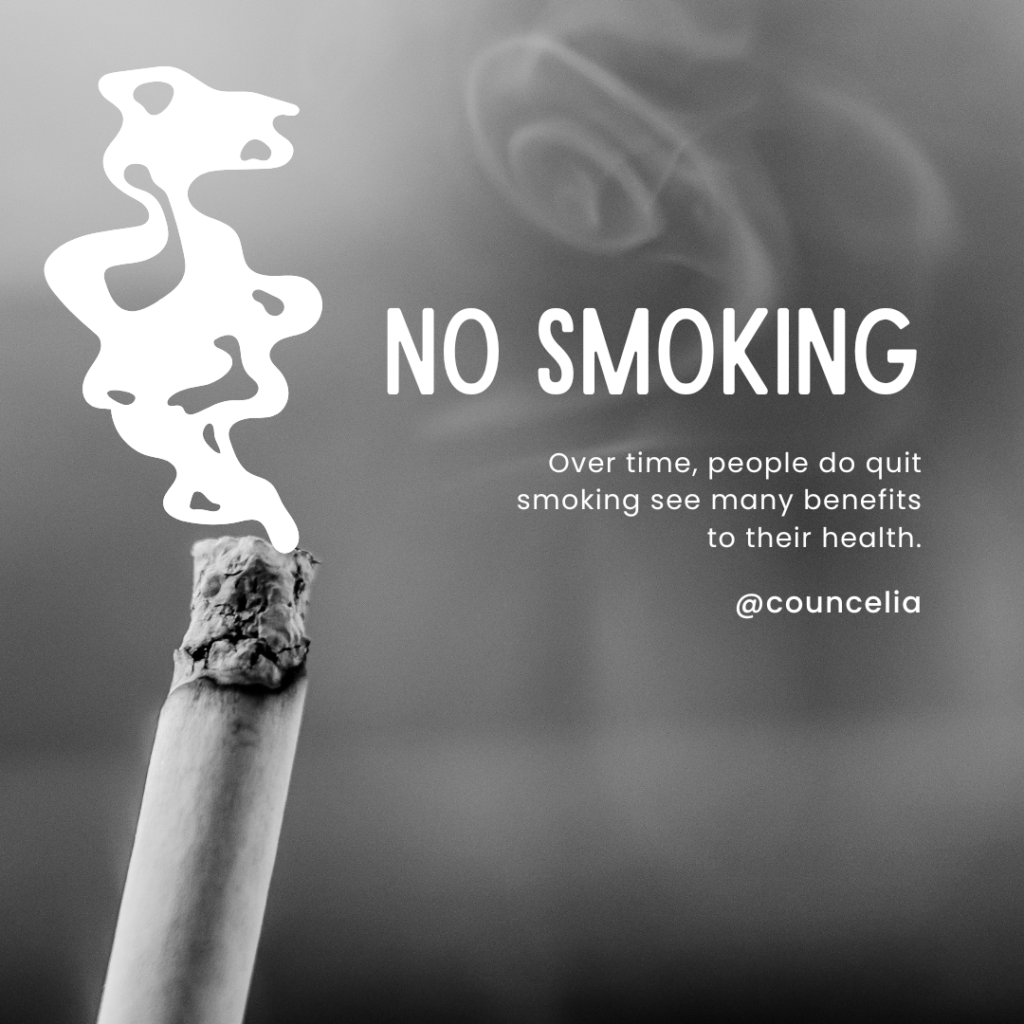Addiction remains a significant global concern, impacting individuals across various demographics. Whether it involves substance abuse such as alcohol, drugs, or nicotine or behavioural addictions like gambling and gaming, the repercussions are profound, affecting mental and physical health, relationships, and societal productivity.
Addiction Counseling: Benefits, Mechanisms, and Research-Based Advantages
Introduction
Addiction remains a significant global concern, impacting individuals across various demographics. Whether it involves substance abuse such as alcohol, drugs, or nicotine or behavioural addictions like gambling and gaming, the repercussions are profound, affecting mental and physical health, relationships, and societal productivity. Addiction counselling emerges as a pivotal intervention, offering structured guidance, psychological support, and sustainable coping strategies. This comprehensive blog delves into the benefits of addiction counselling, its operational mechanisms, and the advantages substantiated by empirical research
Understanding Addiction Counseling
Addiction counseling is a specialized therapeutic approach aimed at assisting individuals in overcoming dependencies on harmful substances or behaviors. It involves collaboration with trained professionals who help clients identify the root causes of their addiction, develop healthier coping mechanisms, and formulate sustainable recovery plans.
Types of Addictions Addressed:
- Substance Abuse Addictions: Alcohol, drugs, nicotine, prescription medications.
- Behavioral Addictions: Gambling, internet and social media usage, gaming, compulsive shopping, food-related addictions.
How Addiction Counseling Works
-
Initial Assessment and Diagnosis:
- Counselors evaluate the severity of the addiction, identify triggers, and assess co-occurring mental health issues such as depression or anxiety. Source
- A personalized treatment plan is crafted based on individual needs.
-
Detoxification and Withdrawal Management (for substance addictions):
- Medical supervision may be necessary to manage withdrawal symptoms.
- Counseling provides emotional and psychological support during the detoxification process.
-
Therapeutic Interventions:
- Cognitive Behavioral Therapy (CBT): Assists individuals in recognizing and altering harmful thought patterns. Source
- Motivational Interviewing (MI): Encourages self-motivation and commitment to recovery.
- 12-Step Facilitation Therapy: Based on principles of groups like Alcoholics Anonymous (AA) and Narcotics Anonymous (NA).
- Family Therapy: Involves family members to address relational dynamics and support recovery. Source
-
Relapse Prevention Strategies:
- Identifying triggers and high-risk situations.
- Developing coping skills and behavioral changes to prevent relapse.
- Building a robust support system.
-
Long-Term Recovery and Aftercare:
- Ongoing counseling sessions to monitor progress.
- Participation in support groups and community programs.
- Encouragement of healthy lifestyle changes, including diet, exercise, and mindfulness practices.

Best ways to stop addiction
- Identify Triggers
- Seek Professional Help
- Build Healthy Habits
- Surround Yourself with Supportive People
- Set Small, Achievable Goals
Benefits of Addiction Counseling
-
Enhanced Mental and Physical Health:
- Reduction in stress, anxiety, and depression associated with addiction.
- Improved physical health outcomes, including a lower risk of liver disease, heart conditions, and respiratory issues.
-
Increased Self-Awareness and Emotional Regulation:
- Facilitates understanding of underlying emotional triggers.
- Promotes emotional resilience and the development of healthy coping mechanisms.
-
Strengthened Relationships and Social Support:
- Aids in rebuilding trust and communication within families and friendships.
- Encourages positive social interactions and the avoidance of toxic relationships.
-
Higher Success Rates in Recovery:
- Structured addiction counseling programs have been associated with significantly higher long-term recovery rates compared to unassisted attempts.
- Research indicates that individuals who undergo therapy and participate in support groups maintain sobriety at higher rates than those without such support.
-
Improved Career and Financial Stability:
- Overcoming addiction enables individuals to focus on career growth and financial well-being.
- Leads to a reduction in absenteeism, job loss, and financial instability caused by addiction.
-
Personal Empowerment and Confidence:
- Empowers individuals to regain control over their lives.
- Encourages goal-setting and self-improvement.
Research and Data on Addiction Counseling
-
Effectiveness of Group Treatments:
- A comprehensive review highlighted the efficacy of group treatments for various substance use disorders, including cocaine, methamphetamine, marijuana, and opioids. Source
-
Family Therapy Benefits:
- Systematic reviews have demonstrated that incorporating family members into treatment diminishes substance consumption and enhances family functioning. Source
-
Advancements in Treatment Modalities:
- Innovative approaches, such as virtual reality exposure therapy and app-based interventions, are being explored to enhance treatment outcomes. Source
Overcoming Barriers to Addiction Counseling
-
Reducing Stigma:
- Implementing awareness campaigns to dismantle the stigma surrounding addiction.
- Encouraging open dialogues about mental health and addiction.
-
Enhancing Accessibility:
- Provision of affordable and free counseling services by governments and NGOs.
- Utilizing online and teletherapy options to reach rural and underserved populations.
-
Integration into Educational and Workplace Settings:
- Implementing counseling programs in schools and universities to support students struggling with addiction.
- Employers offering employee assistance programs (EAPs) that include addiction counseling.
Conclusion
Addiction counseling serves as a cornerstone in the journey to recovery, providing individuals with the necessary tools and support to overcome destructive patterns. Through structured
Your mental health matters. Take the first step with Councelia today!
